Another surprise is God’s continued presence through the Holy Spirit.
At Pentecost, an acoustic signal is heard again as the Holy Spirit came. God is present in the people who receive him. God dwells in us.
Jesus said in John 14:23, “If anyone loves me, he will keep my word, and my Father will love him, and we will come to him and make our home with him.”
God does not want to be far from us, not separate, not to visit us from time to time, but to be “God with us – Immanuel”. Father and Son are present and accessible through the Holy Spirit.
Another message, sweet as honey, yet difficult to grasp and a mystery of God (Revelation 10). Continue reading The second unexpected Jesus fact – God in us
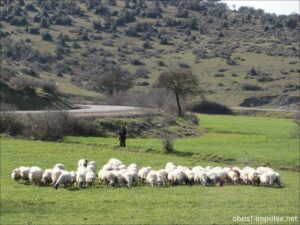 Jesus says in John 10:11, “I am the good shepherd. The good shepherd lays down his life for the sheep.”
Jesus says in John 10:11, “I am the good shepherd. The good shepherd lays down his life for the sheep.”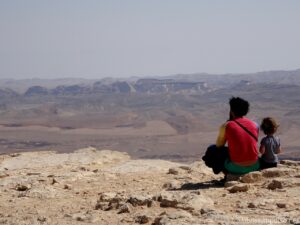 I shall not lack anything “lo achsar” (לֹא אֶחְסָר). God gives us enough hints to help us to make good choices that are in accordance with His will.
I shall not lack anything “lo achsar” (לֹא אֶחְסָר). God gives us enough hints to help us to make good choices that are in accordance with His will.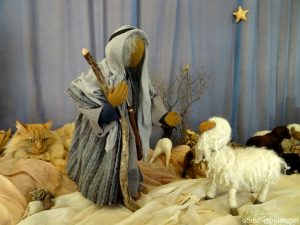 Psalm 23:1
Psalm 23:1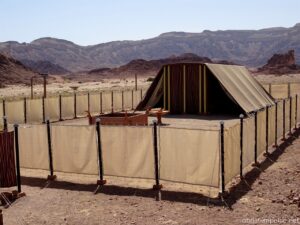 Psalm 23:6
Psalm 23:6 Psalm 23:6
Psalm 23:6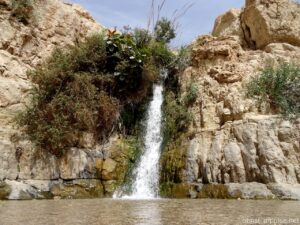 Psalm 23,5
Psalm 23,5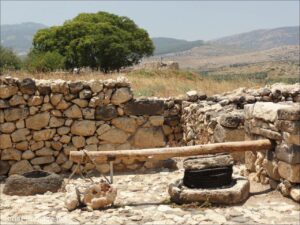 Psalm 23:5
Psalm 23:5